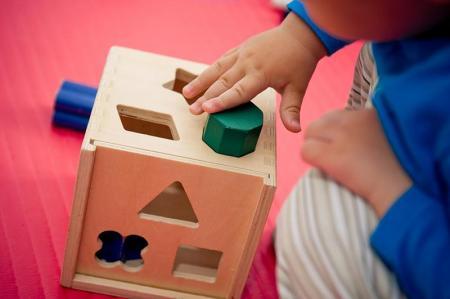
"What our findings tell us is that children's brains need to get enough and healthy activation even before they enter pre-school," explains Cristina Alberini, a professor at New York University's Center for Neural Science, who led the study. "Without this, the neurological system runs the risk of not properly developing learning and memory functions."
During this study, the scientists examined the mechanisms of infantile memory in rats -- i.e., memories created 17 days after birth. This is the equivalent of humans under the age of three and when memories of who, what, when, and where -- known as episodic memories -- are rapidly forgotten. The phenomenon, referred as to "infantile or childhood amnesia," is in fact the inability of adults to retrieve episodic memories that took place during the first two to four years of life.
The result was that there is a critical period for episodic learning and that during this period the hippocampus learns to become able to efficiently process and store memories long-term.
"Early in life, while the brain cannot efficiently form long-term memories, it is 'learning' how to do so, making it possible to establish the abilities to memorize long-term," explains Alberini. "However, the brain needs stimulation through learning so that it can get in the practice of memory formation -- without these experiences, the ability of the neurological system to learn will be impaired."
These studies, the researchers observe, suggest that using learning and environmental interventions during a critical period may significantly help to address learning disabilities.
